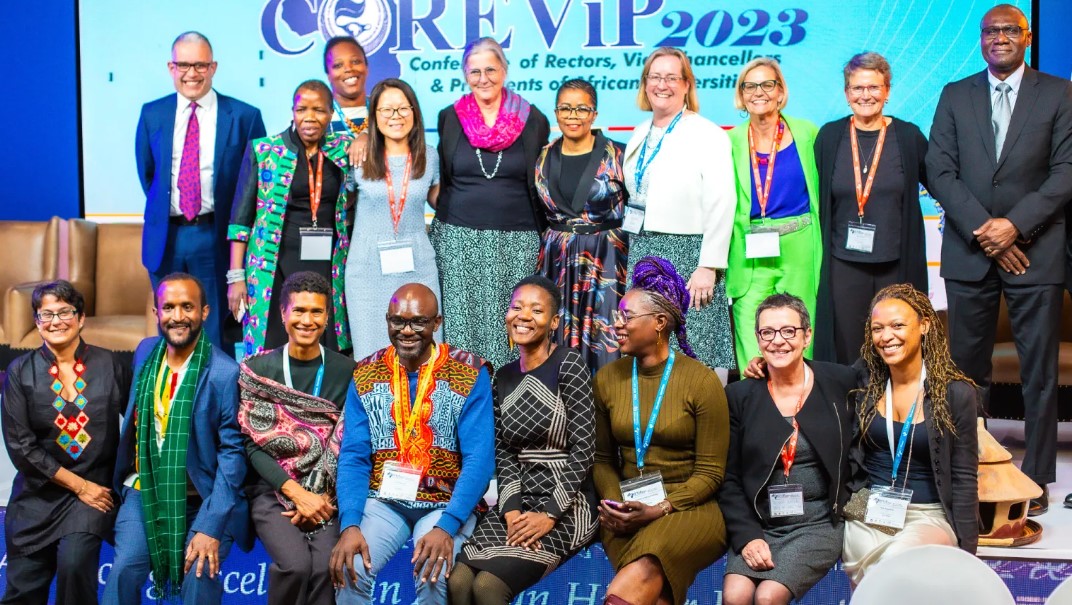Many UK universities consider efforts to consolidate or expand international research links with the global South, including Africa, to be of significant strategic importance. Such ties promise an increased global reach and impact of research, with attendant yields expected in rankings, REF scores and funding.
Amid the progressing expansion of UK-Africa higher education links – or, more unflatteringly, a contemporary “scramble” for connections in the continent – we see ubiquitous references to the need for “equitable partnerships” and a proliferation of practice-focused frameworks or tools for introducing greater fairness in partnerships arrangements.
These tools aim to ensure proper mutuality in the division of labour, decisions about study foci and objectives, budgets, the use of data and samples, as well as in access to rewards, capacity building and the inclusion of non-academic stakeholders. In tandem, funding calls for Africa-focused “development” research increasingly require evidence of such equitable partnerships arrangements.
You might assume the stage is set for an equitable “win-win” expansion of UK-Africa university and research bonds: the continent’s development and research capacities are advanced, while the positioning and exposure of UK institutions in the global HE space is buttressed.


